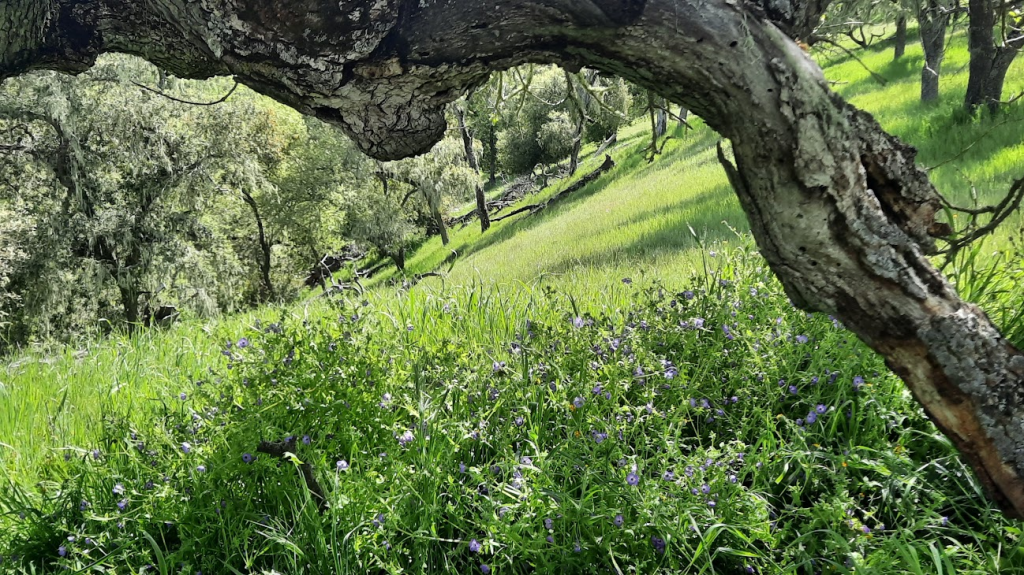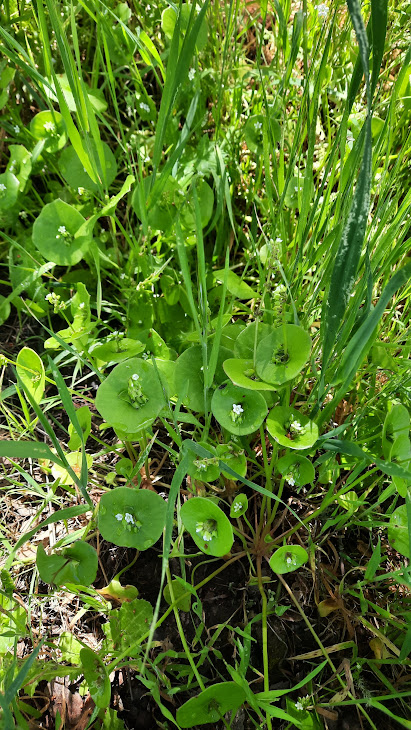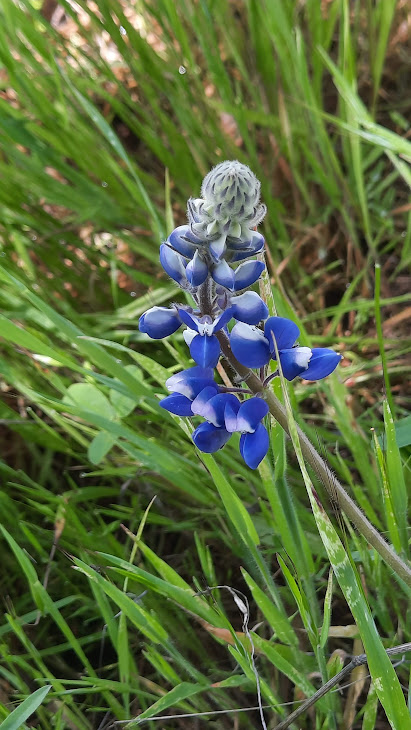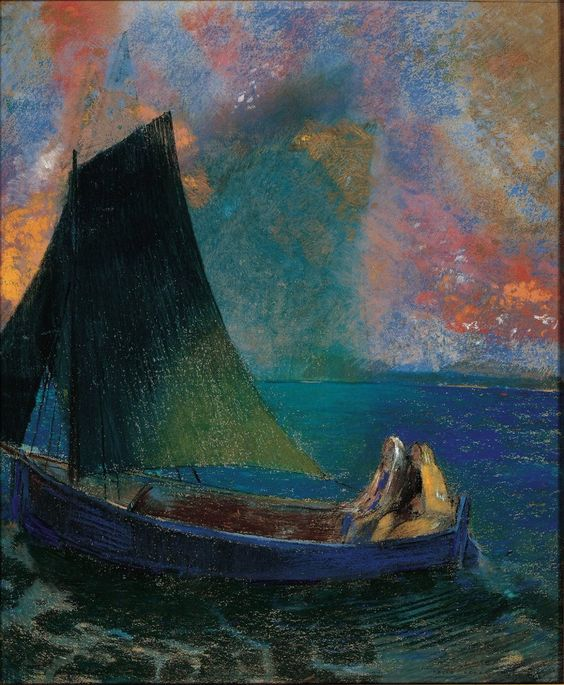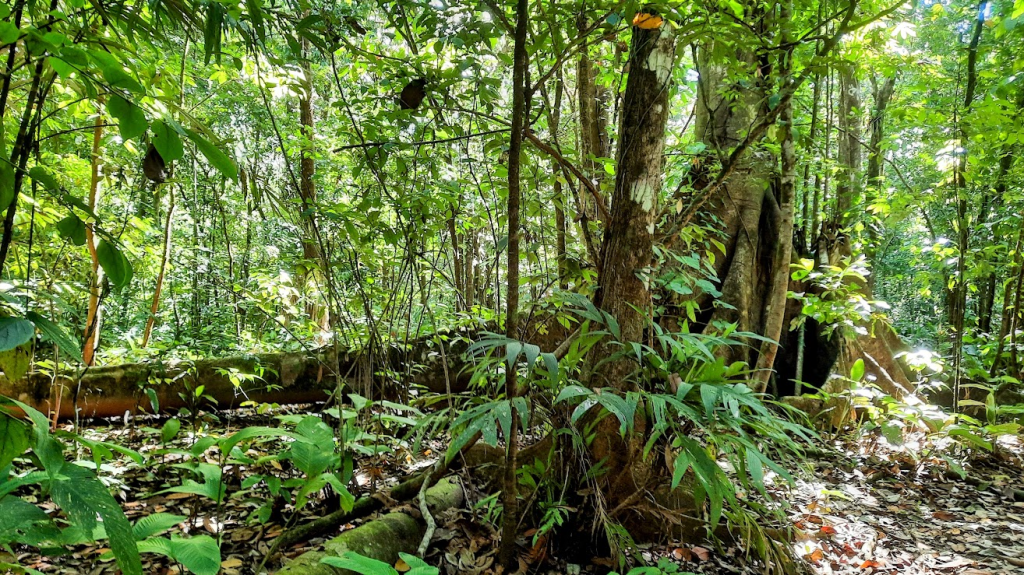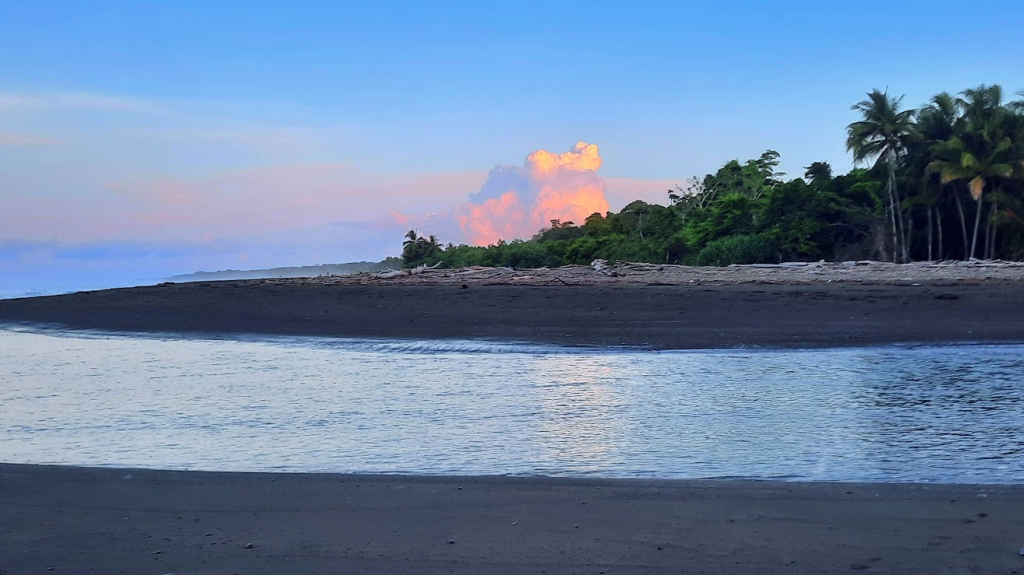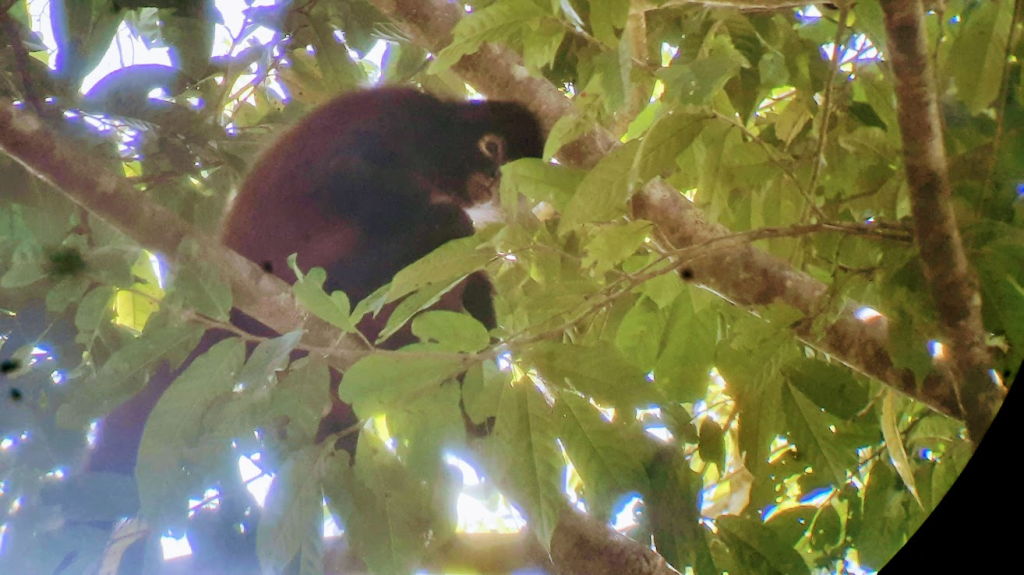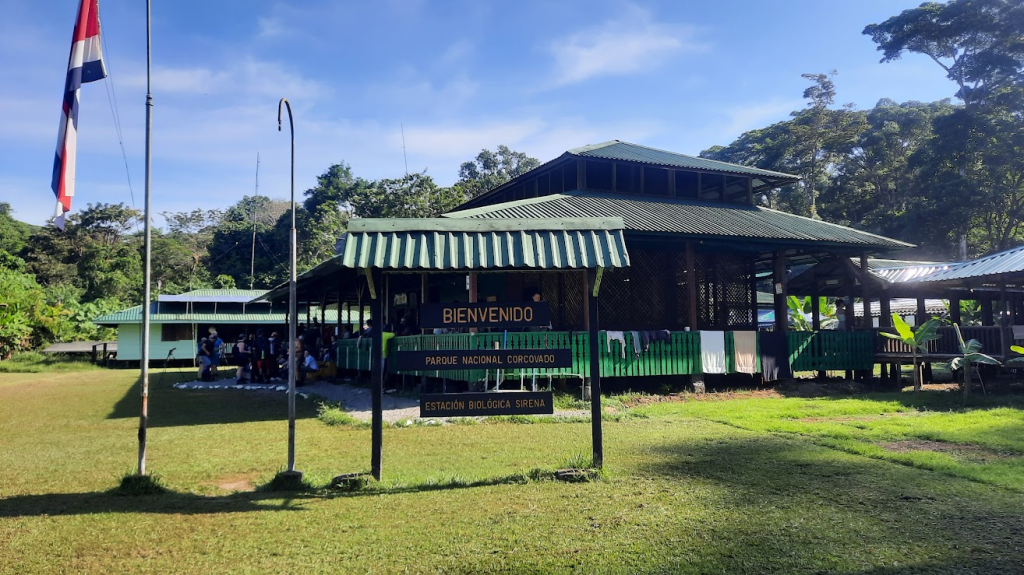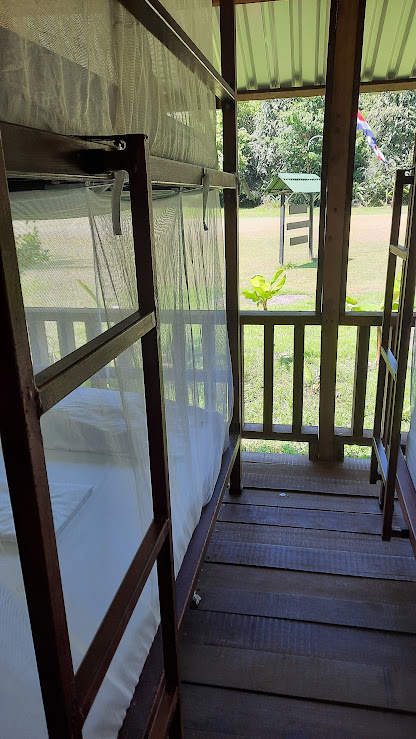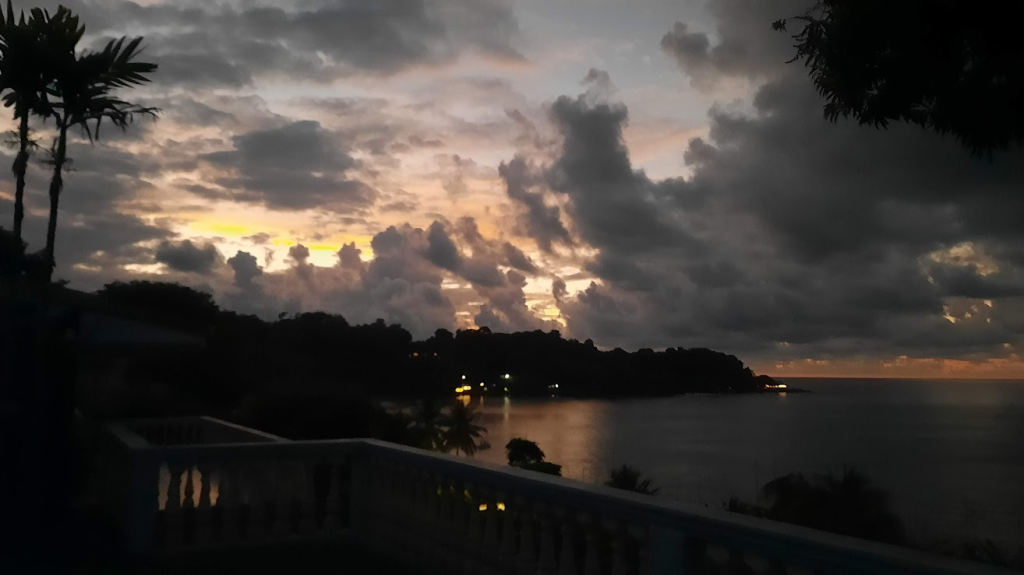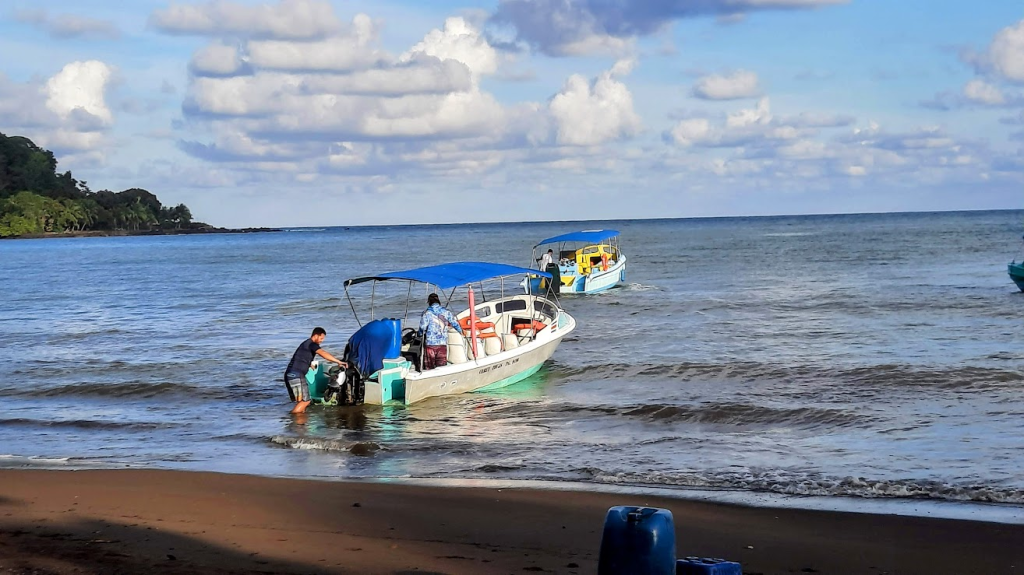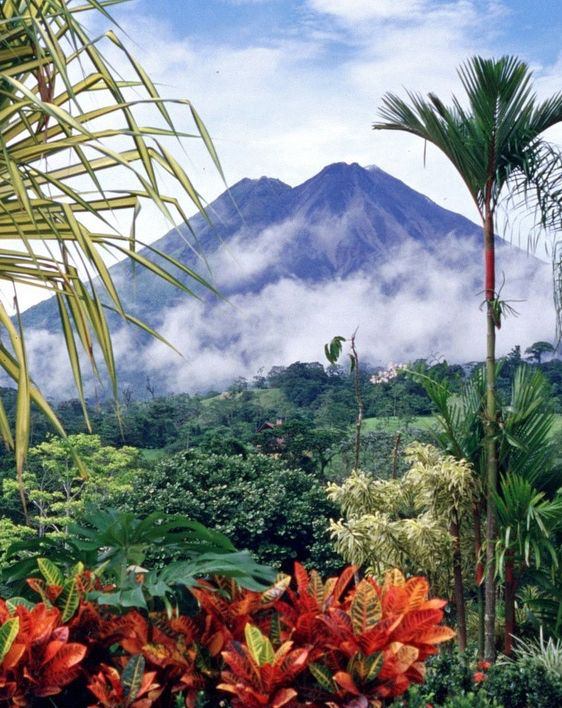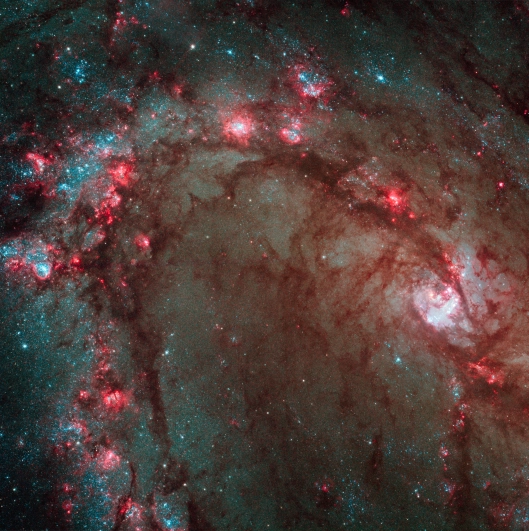Tags
Blog, Blogging, Jacque Lacan, online community, Online Writing, poetry, Shikibu Murasaki, touching and being touched, writing
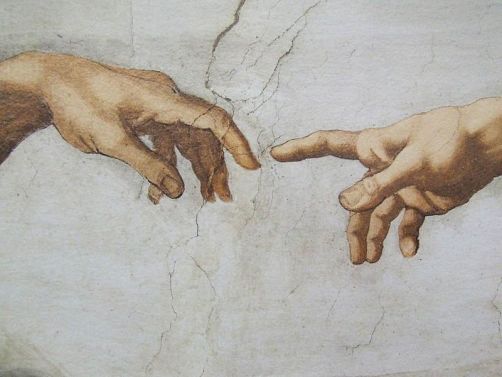 “The accident of touching / is so rare! Sometimes / I pause my hand on purpose / and hope to find yours there.”
“The accident of touching / is so rare! Sometimes / I pause my hand on purpose / and hope to find yours there.”
These are the last lines of a poem I wrote long ago.
But I realize now that’s what this blog is all about, a way of “pausing my hand on purpose,” and hoping to find you there.
It’s all about touching, isn’t it? Touching others with our lives, our insights and understanding, our memories and dreams, our poetry and art. Blogging meets this basic human need—to touch others and be touched in return.
We’ve all heard how physical touching is essential to human health and happiness. They say people can shrivel up and die for want of being touched or having someone to touch. A simple pat on the shoulder, a hug, a hand squeeze can make all the difference. Merely having a pet, they say, saves lives.
But there’s a basic human need for another kind of touching—from the inside out. Touching others with what means the most to us, our deepest responses to the world around us. Keeping those unspoken, unexpressed, can be as withering as being untouched physically. Which is why, perhaps, so many writers and artists will give their work away for free if need be, just to allow what’s inside out into the world where it can touch others, and “evoke responses.”
“The function of language is not to inform but to evoke . . . responses.” – Jacques Lacan
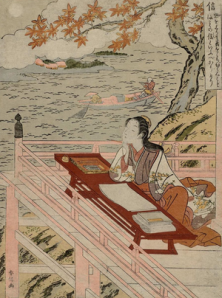 It’s why, perhaps, art for art’s sake is a need for some. Art not to please others, but to evoke a response. To share something essential with others that must not go unspoken, unheard.
It’s why, perhaps, art for art’s sake is a need for some. Art not to please others, but to evoke a response. To share something essential with others that must not go unspoken, unheard.
“Again and again something in one’s own life, or in the life around one, will seem so important that one cannot bear to let it pass into oblivion.
There must never come a time, the writer feels, when people do not know about this.”
Shikibu Murasaki, Tale of Genji (978 – 1014 AD)
Blogging is like those conversations we have in the wee hours of the morning, when the party is over and all have left except for those few lingering souls who find themselves opening up to each other in ways they could never do when meeting on the street or over dinner. Those 3 AM conversations, you know.
That’s how blogging often is done too, late at night when we can’t sleep, or after we’ve put our novel to bed, or when we wake early and are seeking the company of other early risers, or those living half-way round the world from us.
In person, we rarely have time to bare our souls this way in such depth without interruption. But here we can do it without disturbing anyone’s sleep or taking them away from their work or families.
We can share our thoughts and evoke responses in our own time, and others can respond in the same way, with a quick “like” or a longer comment. And we can respond in return.
For loners or social introverts like myself, it’s a way of reaching out to others that feels more comfortable than the spoken word. I feel I may be getting “the best” of them in those wee hour revelations, as they are getting the best I have to offer, a side of myself I seldom share apart from the written page.
It’s the reciprocity that I find so meaningful. Touching and being touched in return.
Here’s the rest of that poem I wrote so long ago, unshared, until today.
The Accident of Touching
Once, in some wild gesture,
Some random fancy
I found my hand stretched out,
Open and unprotected.
There, your hand paused,
Palm moist and heavy
Yet warm and lively.
Before I thought to clasp it
The moment passed and
You were gone.
Now, I watch hands
As they quickly dart and
Never cease to move.
The accident of touching
Is so rare! Sometimes
I pause my hand on purpose
And hope to find yours there.
by Deborah J. Brasket
More of my posts on blogging:
Blogging as Virtual Love-Making, and the Science Behind It
Is Blogging Orgasmic? More on the Science of Sharing
More of my poetry:
The Geometry and Geography of Love





